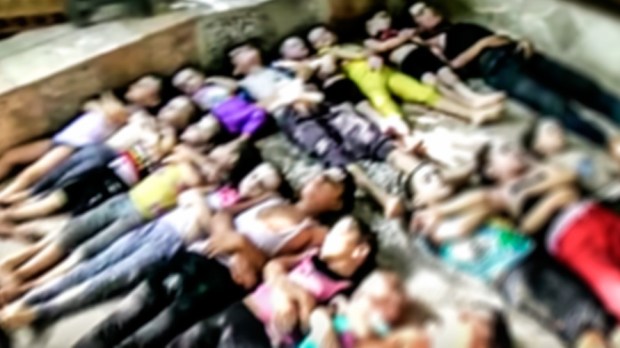The long and devastating battle for Mosul is expected to come to a close this week, as eight-months of skirmishes have left Islamic State in a small section of the city with an area of about 1500 meters. As the gunfire ceases, however, the citizens of Mosul will face a new struggle: Psychological trauma.
The New York Times reports 90% of surviving citizens have lost at least one family member through death, abduction, or during attempted escape. The children, so deeply scarred from living in a hellscape environment of bloody destruction, are unable to show emotions and suffer from “waking nightmares”.
The NYT spoke with Jonathan Henry, Doctors Without Borders’ (MSF) emergency coordinator in west Mosul, who tried to explain the situation:
“Really, (there is) a huge level of human suffering… This is a massive population that has been traumatized from a very brutal and horrific conflict,” In short, Mosul is an “extremely traumatic environment for people to flee from and to return to,” affecting their mental health on a large scale, MSF’s Henry said. “The west (of the city) has been heavily destroyed. It’s really mass destruction … similar to the blitz of the Second World War, hospitals have been destroyed, neighborhoods are in ruins.”
Damages to the city’s infastructure are estimated at over $1 billion. Tens of thousands of civilians are still in Mosul. Many of whom are recovering from injuries sustained over the passed year.

